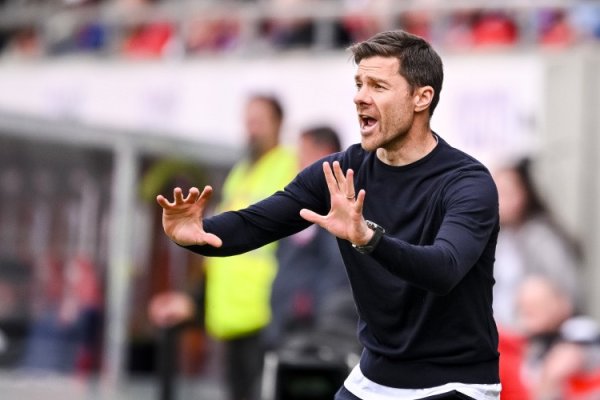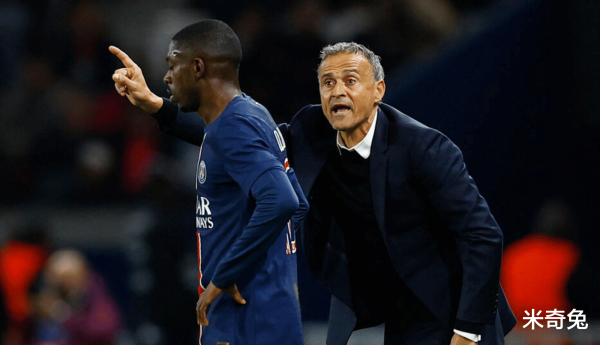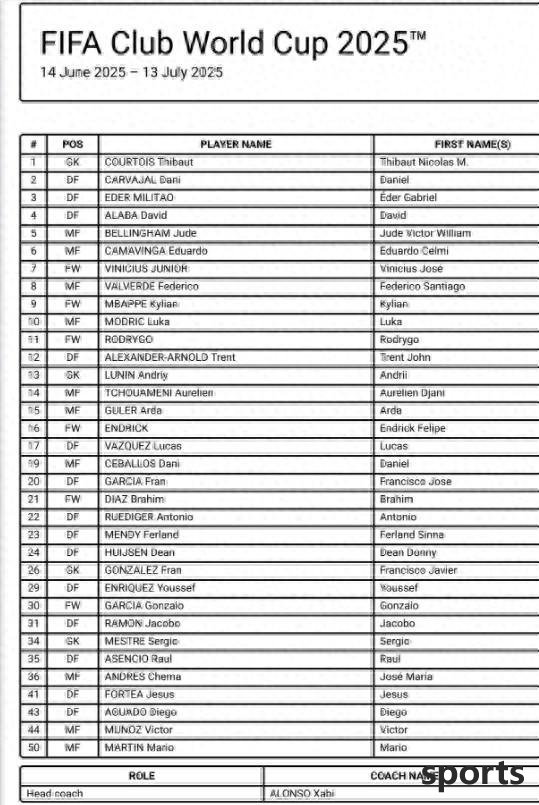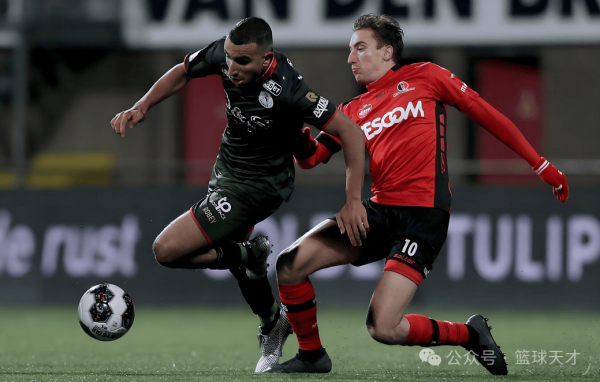HOME > Football
Rooney refuses to accept it! Gerrard said we were losers, but we really tried our best
11:52pm, 11 October 2025【Football】
Who is to blame for the failure of England’s “golden generation”? Recently, with Gerrard's sharp criticism and Rooney's distant response, this dusty football case has once again been pushed to the forefront. Is it the factions in the locker room, or is it just bad luck? This conversation that spanned many years revealed the deepest scars of that luxurious team.
Recently, two iconic players in English football, Rooney and Gerrard, had a remote conversation about the "golden generation" national team they both played for together. Their opinions collided and sparks flew. The trigger for the

incident was Gerrard's almost cruel summary of those years in Ferdinand's podcast. He denounced the team that included Rooney, Gerrard himself, Lampard, Terry, Ferdinand, Ashley Cole and other superstars as "selfish losers".
Gerrard was blunt about the heart of the problem: the divisions off the field. He said that at that time, the team was filled with "small groups" formed due to grievances between clubs. Players from Liverpool, Manchester United, and Chelsea were distinct, and the national team had never truly coalesced into a whole. "We are not friendly at all and have no connection. We have never been a truly strong and good team." This analysis points directly at the cultural and spiritual level of the team.
However, as the core of Manchester United and England that year, Rooney gave a different view on his podcast. He acknowledged the team's failure to win any honours, but expressed reservations about Gerrard's fiery words.
"I won't say that absolutely. I know what he wanted to express, but it is disrespectful to us. We tried hard, we fought hard, but we failed in the end." Rooney's response was filled with the helplessness and defense of a generation of geniuses whose ambitions have not been fulfilled.

Rooney doesn't entirely deny that there is a divide in the dressing room. He frankly mentioned that Manchester United teammates such as Beckham, Gary Neville and Scholes obviously would not get too close to the Liverpool players. But he resolutely defended the professional attitude of all players on the court: "One thing is certain, everyone worked hard for each other on the court. I don't think that (disunity) is the problem. We just failed to cross that hurdle."
This controversy seems to have opened up two different observation perspectives for us:
Gerrard's perspective (internal cultural determinism): The strength of a team is far more than the accumulation of paper strength. If we can't form a unity in the locker room and form a common belief and sense of belonging, no matter how shining an individual is, it will just be a piece of loose sand. The club's fierce competition was brought to the national team's training ground and dining table. This invisible barrier eventually stifled their way to the championship.
Rooney's perspective (multidimensional factor influence theory): Team chemistry is important, but it is unfair to attribute failure entirely to this. The outcome of a football match sometimes depends on the luck of the goal, injuries in key matches, the psychology of penalty shootouts, or even strong opponents (such as Brazil and Portugal at the time). They "tried" and "worked hard", but the goddess of fate never favored them.

A detail that cannot be ignored is that both of them agree that their relationship has become more harmonious now that they have retired. Rooney said: "I am in constant contact with Steven now. You can have a beer together and get along more relaxedly." This just confirms that the tension of club competition at that time did invisibly affect the personal relationship between players.
There may never be a standard answer to the tragedy of England’s “golden generation”. Gerrard pointed out the inner "cause", while Rooney emphasized the complexity of the process and the contingency of the result.
This koan is like a mirror, reflecting the dilemma that all top teams may face: When a group of top individuals gather together, how can they transcend the limitations of individuals and factions and forge a unified team soul? This problem not only troubled the Three Lions that year, but is also worth pondering for every team that pursues excellence.
Do you agree more with Gerrard or Rooney? What do you think was the main reason for the failure of England’s ‘golden generation’?
Related Posts
- Defeat! Ruben Neves: Jota’s jersey gives me extra strength and the victory is well deserved
- Damn laughing: 1-0 in 90 minutes, Guardiola excitedly kissed the fourth official, and Manchester City was beaten 3 minutes later
- Infantino: Serie A is the league in my life, I will always pay attention to A
- 2025.08.31 Paris Football Club VS Metz Event Recommendation Analysis
- Austrian roster: Alaba leads, Sabize, Lemel, Anau, and Dansor are selected
- Real Madrid double stars Mbappe and Vinicius are in a crisis of self-confidence
- Stop saving money and paying interest Bayern, take Rodrigo and let us return to the era of flying together
- 6/23 Sports Lottery Recommended: Paris Saint-Germain Atletico Madrid Porto Miami International 4 strings 1
- Famous paintings of the Club World Cup: Watch the bench with an umbrella and finally go back to the locker room to watch TV
- Paris fans provoke Archelby, the latter retorted: I don t like being teased, I really will beat you up
Hot Posts
- Defeat! Ruben Neves: Jota’s jersey gives me extra strength and the victory is well deserved
- Damn laughing: 1-0 in 90 minutes, Guardiola excitedly kissed the fourth official, and Manchester City was beaten 3 minutes later
- Infantino: Serie A is the league in my life, I will always pay attention to A
- 2025.08.31 Paris Football Club VS Metz Event Recommendation Analysis
Recommend

Alonso: Be proud of what has been achieved in the past three years, Leverkusen is always in his heart

Whether Paris can open the green dynasty depends on Dembele s health

Donaluma conquered Manchester City fans in his Premier League debut, Haaland: I m willing to give him the best trophy

Leading the team to win all four games, Hangzhou Linping Wu Yue coach Xu Lei was elected as the best coach in June in the second half

Sunday Club World Cup Nov. 1 Prediction: Paris VS Miami, Bode Shining VS Sapsburg, Flamenco VS Bayern

Reporter: If the Saudi team offers Vinicius again, some Real Madrid executives will be open

Real Madrid Players Club World Cup Number Arrangement: Mbappe No. 9, Arnold No. 12, Wyson No. 24

Eredivisie: Almere vs Fortuna